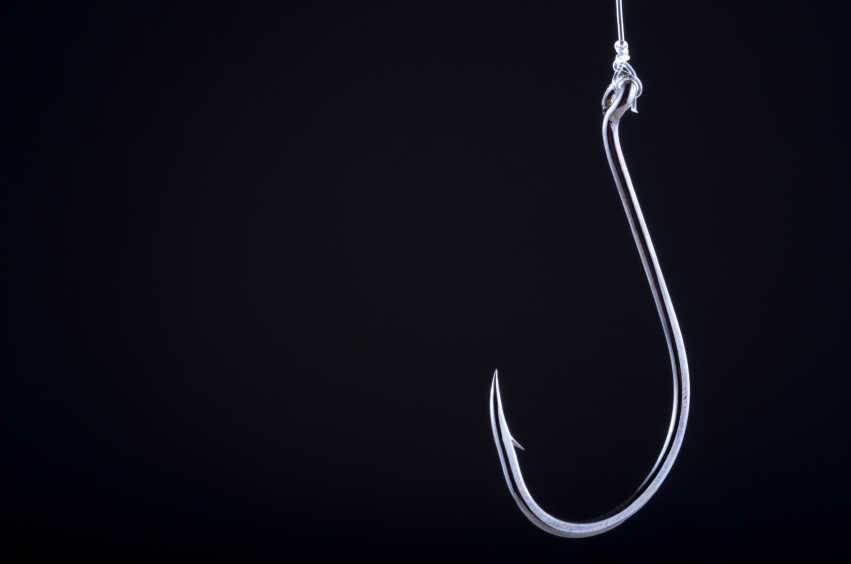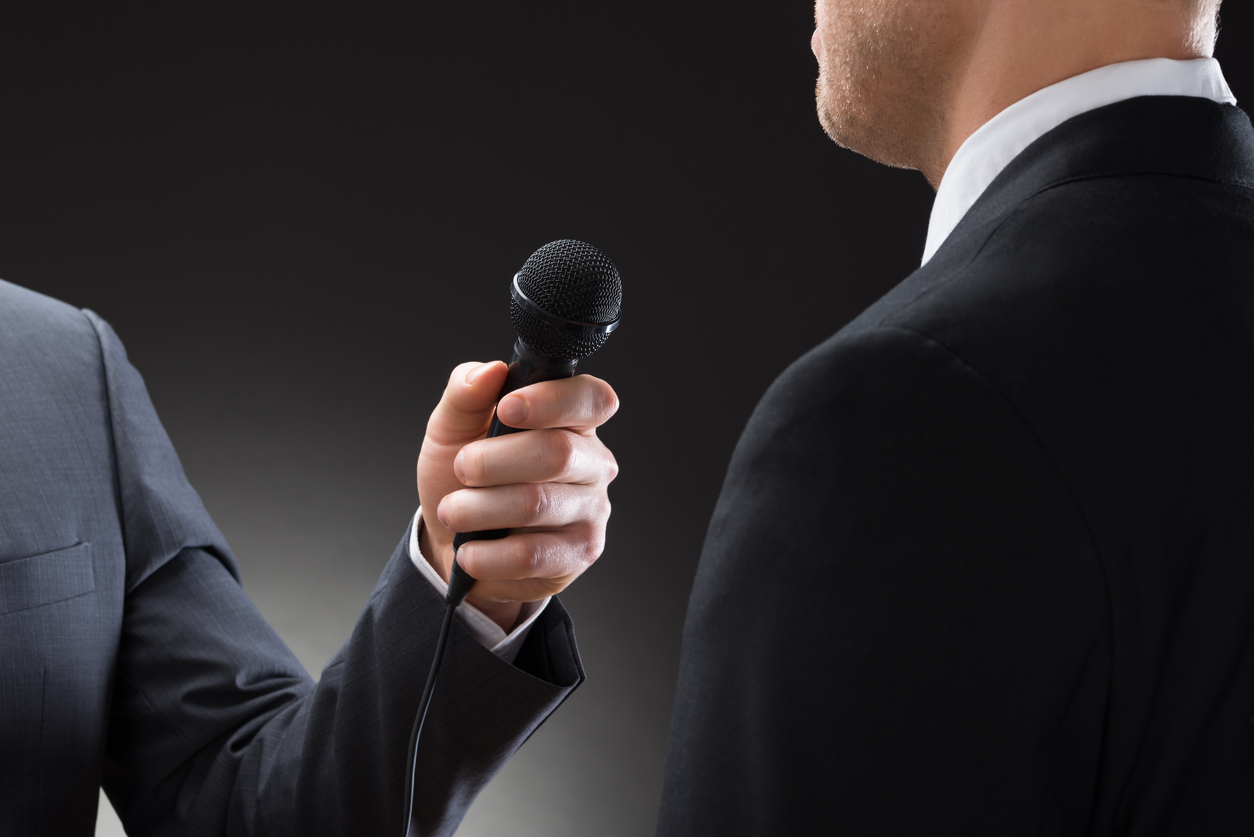How to Hook The Reporter’s Next Question | Media Interviewing Tip
Here’s the scenario:
You are a spokesperson for a company that produces virtual reality headsets.
In a few hours, you will sit down with a radio show host to talk about the technology’s growing market. From your preliminary research, you sense the host is more interested in the virtual reality (VR) gaming market. You, however, hope to reach medical professionals to highlight how headsets are increasingly being used to treat dementia, chronic pain, injury therapy, and stroke rehabilitation.
You can’t be so blatant as to come out and say her interest is not in your best interest. (There are few things that make a host or reporter cling tighter to their angle than to have a source suggest a different way of telling the story.)
You must be a bit more subtle – and, if you are, you can have much more influence over the interview than might have seemed possible at first.
What you need to know is how to hook their next question.

In this instance, the radio host is onto her third question about VR gaming and other entertainment uses. You want to switch gears. Here are a few ways to do that:
Radio host: “I would imagine the growth of your company is going to come from younger consumers, say those under 39. Are those the customers you are targeting?”
You: “Certainly, customers between the ages of 25 to 39 are driving the sales. But there’s a whole other market out there that’s even more important to us. You’d be surprised what they are using VR technology to accomplish.”
It’s a rare reporter that doesn’t bite.
“Really? What’s that market?”
There are other phrases that help you to tap a reporter’s or host’s curiosity to hook, or tee up, your next question. Here are a few:
- “In our research, we discovered something even more surprising.”
- “What you just mentioned is the second-leading use of our technology. The first is eye-opening.”
- “It’s unfortunate, but many people don’t realize there’s a simpler way to deal with this problem.”
- “Yes, our findings were influential in pushing the needle forward on our understanding of the universe. But I haven’t even mentioned the most interesting discovery we’ve made.”
The statement you choose should elicit an obvious follow-up question. In all these instances, it’s easy to imagine a reporter responding quickly to what you have said.

When do you use this technique?
You may be asking, “Isn’t it easier and far more efficient to cut out the middleman?” You could simply use these phrases to transition to your main message rather than waiting for the reporter to ask the question (really, repeat the question). But there are instances when enlisting the reporter’s help is more effective, such as when:
- Your answer has already gone on too long and you need to hand the ball back to the reporter.
- The host has asked that the interview be more conversational (such as a podcast).
- You want to nudge the conversation back to your main points. If you do it on your own, it could appear too heavy-handed.
They can be used anytime, but a little goes a long way. If the first few questions are a bit adrift of your real intent, you can gently and subtly steer the conversation back to your most important points. The technique also allows your interviewer or host to look and sound good by asking you the “smart” question.


